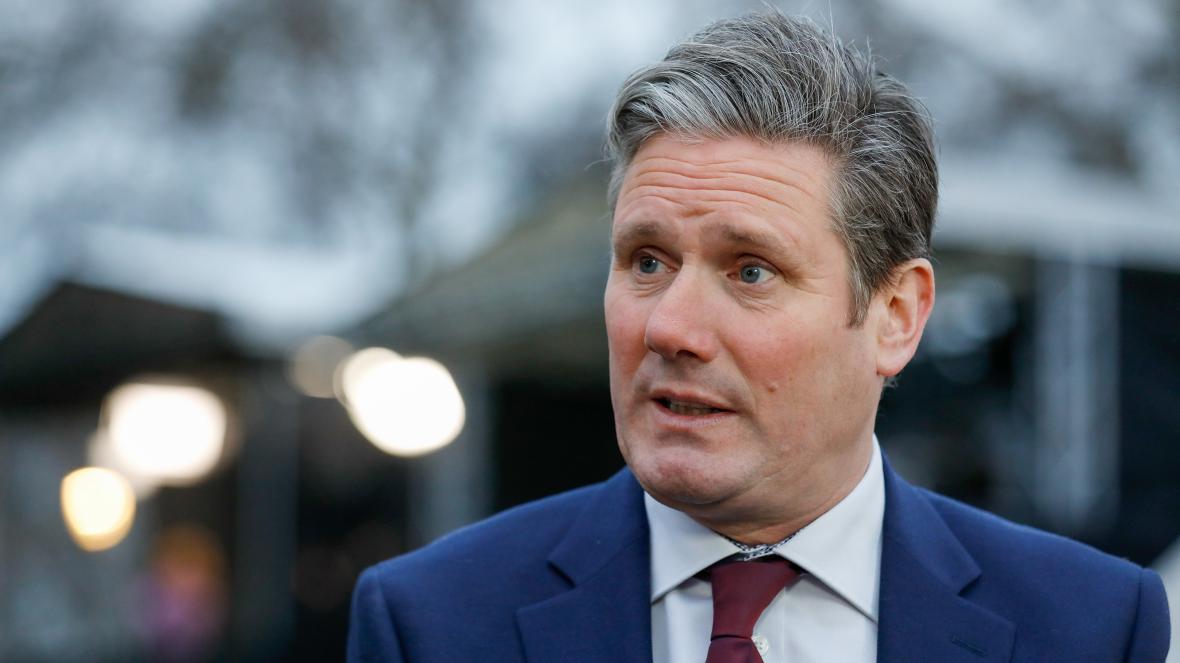This afternoon, Leader of the Labour Party Keir Starmer and Shadow Further Education and Universities Minister Emma Hardy were joined by Student Minds representative Rosie Tressler to explore the current state of affairs for those starting university this year. Attending were first-year university students and their parents, both of whom were encouraged to engage in frank and unfiltered discussion about their experiences.
Developed in the last six months, Call Keir is a series of virtual meetings to connect with members of the public directly. It is a space to ask questions, and to have “a frank exchange”, said Starmer.
Before inviting contributions from attendees, Starmer acknowledged the anxiety felt by all at this time, from concerns about health and wellbeing to uncertainties about the economy. He encouraged speakers to “be blunt, [to] be open”, to not “hold back” their grievances. Whilst the student contributors and their families were polite and composed, it was clear that they had a lot to be frustrated about.
“It’s not the university experience I had hoped for”, said the first guest speaker, a first-year student at the University of Manchester. Whilst they appeared optimistic, their disappointment was tangible as they mused over the prospect of a different experience, had the government acted sooner. In response to the recent spike in cases in the city, the University of Manchester has extended the Welcome Period to two weeks, rather than the standard seven days, with classes starting next week. This approach is in line with Starmer’s proposal to the government, which called for a delay to the start of term. This request, however, was ignored.
This sense of disillusionment was echoed by other students across the 60 minute Zoom webinar. A University of Leeds fresher at Lupton Residences articulated their experience as a new student in a new city. Despite their flatmates taking the regional regulations seriously, all have been quarantining after recently testing positive. Though the student commended the University’s communication and support, they explained that life in student halls was both “socially distant and emotionally distant”. A student at Plymouth University reported a similar sense of isolation, whilst a Liverpool John Moores student expressed concerns over student mental health.
A common theme throughout the interactive call was the lack of clarity from university- and government-issued advice. “It’s very confusing”, said another Leeds University student, who recently moved into Charles Morris Hall on campus. The same student shared the experience of her friends who had to walk three hours to access an available testing service. Indeed, the site on the Leeds University campus has been known for its lack of availability since the local spike. Though Glasgow University has attempted to compensate for the substandard experience through rent rebates and food allowances, one student says it is “too little, too late”.
The two parents who spoke in the webinar were less hesitant to express their criticisms. One, the father of a son who has tested positive for coronavirus in Leeds, denounced the government’s lack of accountability and described the difficulties of providing his isolating son with food via an overstretched service. “It’s a shadow of what it should be… it’s heartbreaking”. Another parent outlined the experience of her daughter, a young carer who’s existing anxieties around leaving home have been amplified. Moving to a nearby university was supposed to be a fresh start for her daughter, but the reality looks different. Speaking of her daughter and her flatmates, the parent in question says “They can’t do anything, they can’t enjoy things”.
Throughout the discussion, Student Minds representative Tressler chimed in, offering tips for taking care of one’s mental health, and highlighting the importance of looking out for each other. Starmer emphasised the need for a mental health support package, another proposal from Labour that was ignored by the Conservative government.
Whilst the media continues to demonise students, today’s discussion made it clear that they are not the ones to blame for the coronavirus spike. This year’s freshers are victims of yet another predictable but poorly-handled catastrophe. University life is far from what students had expected, and authorities are failing to adequately respond.
If you’re concerned about the mental health of a friend, family member of yourself, reach out to Student Minds.
Header image via the Times.

